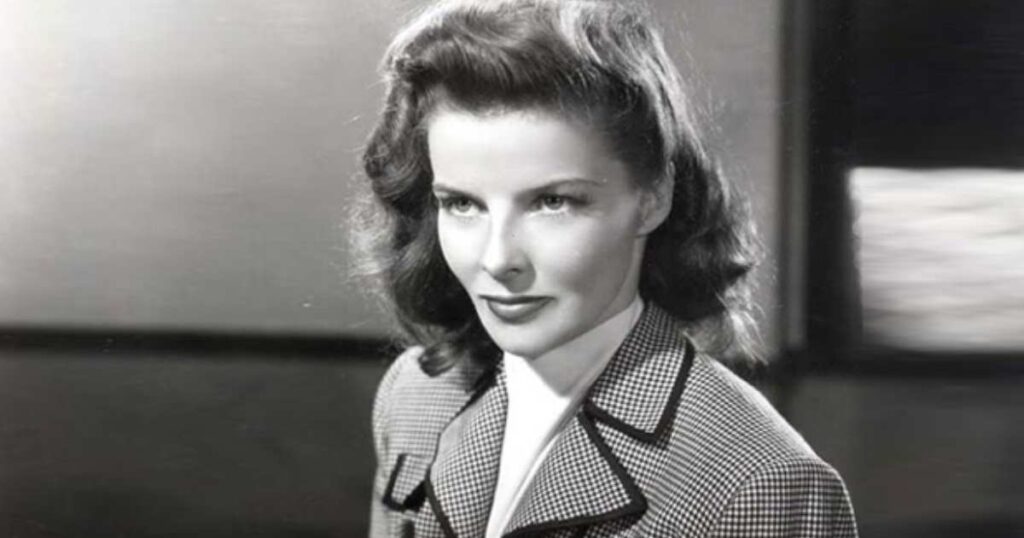Katharine Hepburn stepped into Hollywood with a fire that couldn’t be ignored. In a time when the silver screen was shaping the dreams of millions, she carved her path instead of following the trends. Her fierce presence in A Bill of Divorcement lit a fire under the decade, and soon, she was everywhere. Films like Morning Glory and Little Women only further cemented her place in the spotlight. But stardom, especially in Hollywood’s Golden Age, was never guaranteed to last. That same spotlight could turn harsh, and tragically, by the end of the 1930s, it did.
Katharine Hepburn’s Shine Began to Fade
The industry shifted fast, and Hepburn’s films no longer drew crowds. Her films, such as Sylvia Scarlett, Mary of Scotland, and The Little Minister, failed to capture the box office. What’s shocking is that even Bringing Up Baby, now hailed as one of cinema’s finest screwball comedies, fell flat on release. A wild comedy involving a scatterbrained heiress, a clueless paleontologist, and a leopard sounds irresistible now, but back then, audiences didn’t respond. She was talented, electric even, but the numbers told a different story.
The critics always liked her, but audiences stopped buying tickets (much to the opposite these days). The situation turned even more dire when Hollywood labeled her with one of its most brutal stamps: box office poison (per Far Out Magazine). That phrase was more than a sting, as it threatened to end her career altogether.
THE PHILADELPHIA STORY revived Katharine Hepburn’s career, after she was labelled ‘box office poison’ in 1938. pic.twitter.com/sveWCWvaWv
— GoldenAgeHollywood (@ClassicalCinema) December 26, 2016
Katharine Hepburn Didn’t Give Up
Hepburn, though, didn’t fold. She stepped back from film and went to Broadway, where she found fresh footing playing Tracy Lord in The Philadelphia Story. On stage, she performed the role hundreds of times. The theater welcomed her with the kind of enthusiasm that had started to wane in cinemas. However, Hepburn understood it was not a retreat but more of a recalibration. She knew the play had power, and she saw a way forward. Through the help of Howard Hughes, who secured the film rights, she used the material to stage her comeback, both literally and figuratively.
“Without The Philadelphia Story and Phil and Howard, my life would have been very different. It would have gone on, but maybe my career wouldn’t have,” Hepburn once revealed via I Know Where I’m Going: Katharine Hepburn, A Personal Biography. When The Philadelphia Story hit the screen, it came alive with Hepburn, Cary Grant, and James Stewart forming a triangle of charm and wit. The film was a massive success, and with modest production costs, it earned millions and landed at the Oscars.
It was a typical Hepburn performance, one that was not loud or desperate but rather controlled and confident, as she had always been. The turnaround was complete. Even though one film revived her career, her instinct and refusal to fade made the difference.
For more such stories, check out Hollywood
Follow Us: Facebook | Instagram | Twitter | YouTube | Google News
Content shared from www.koimoi.com.

